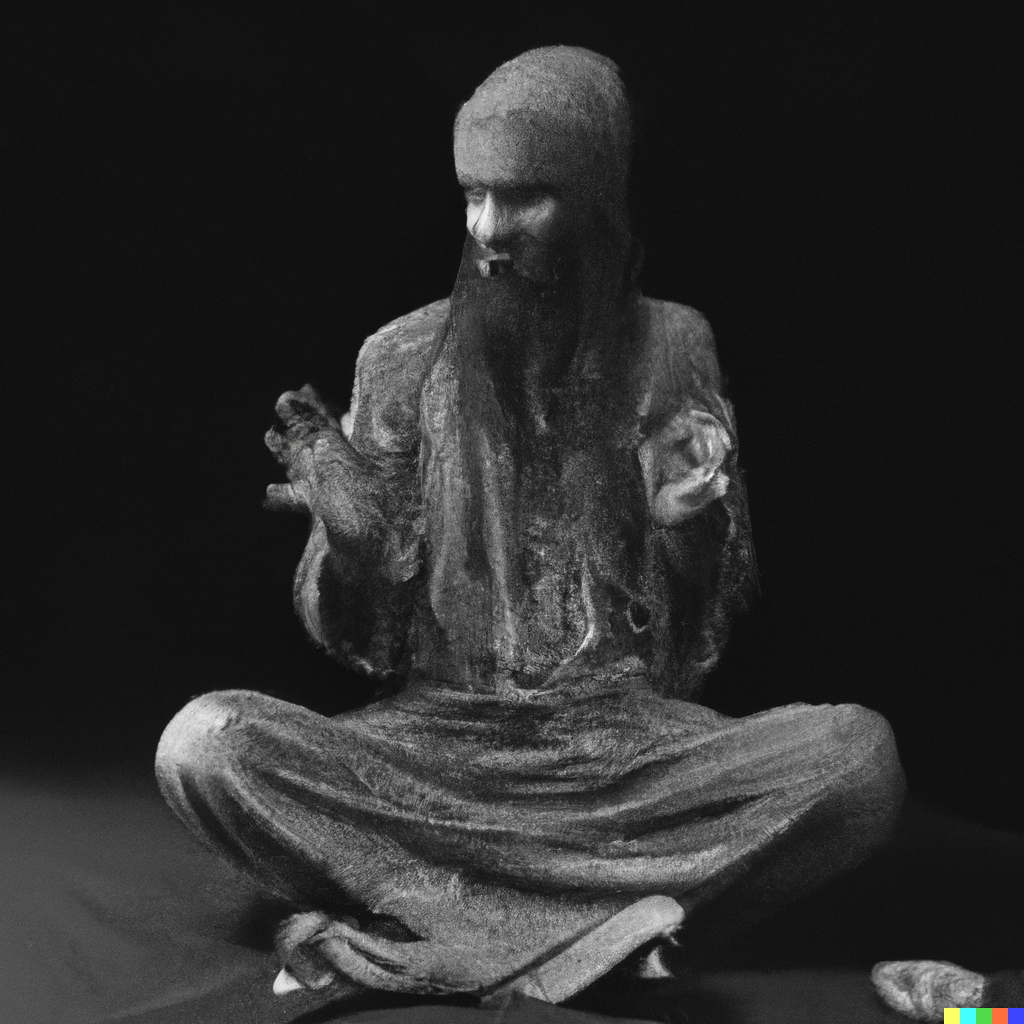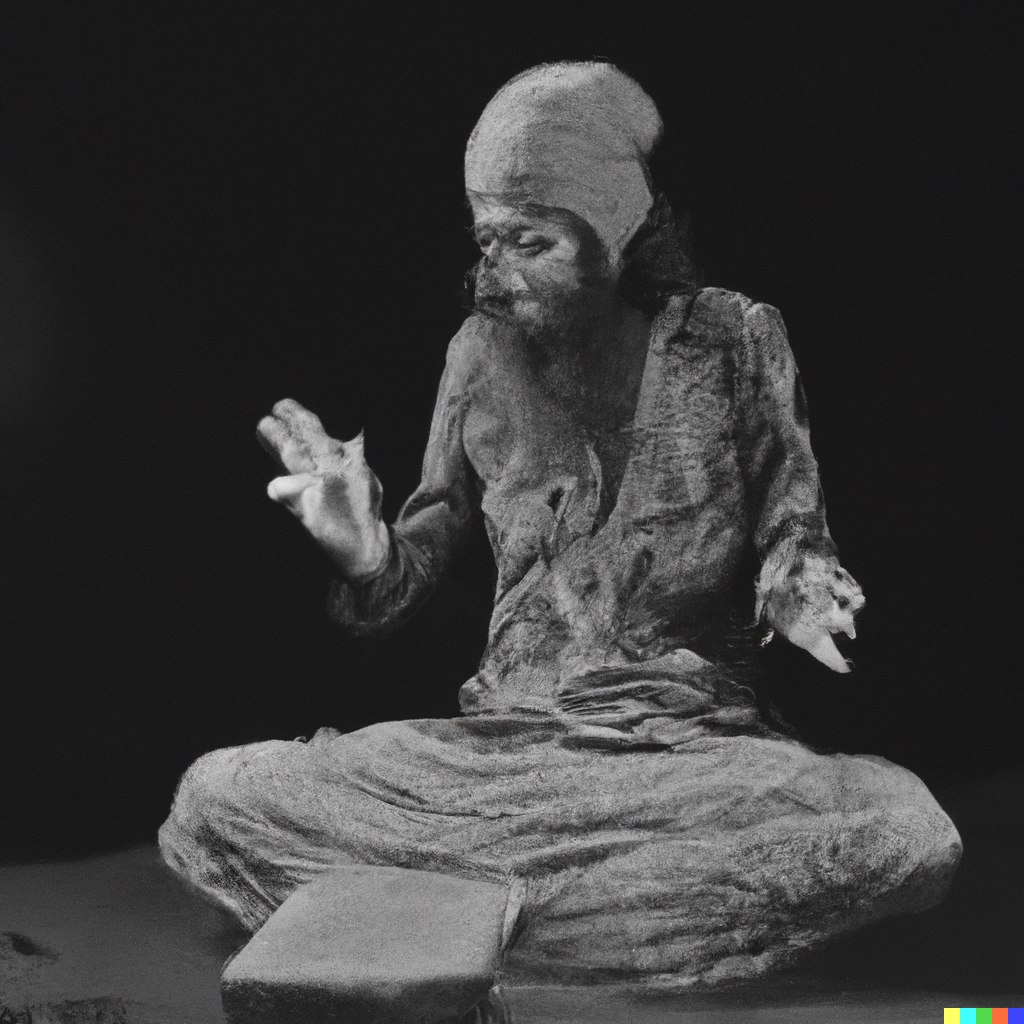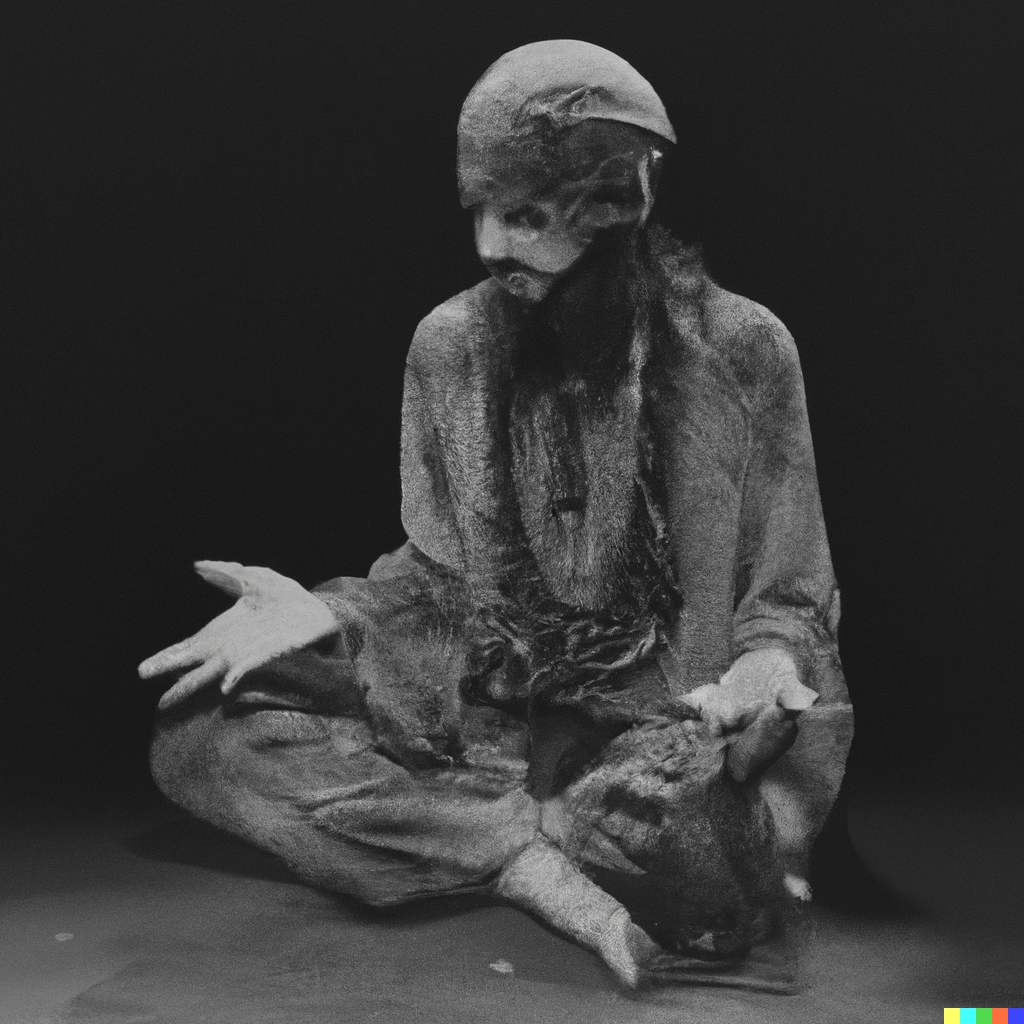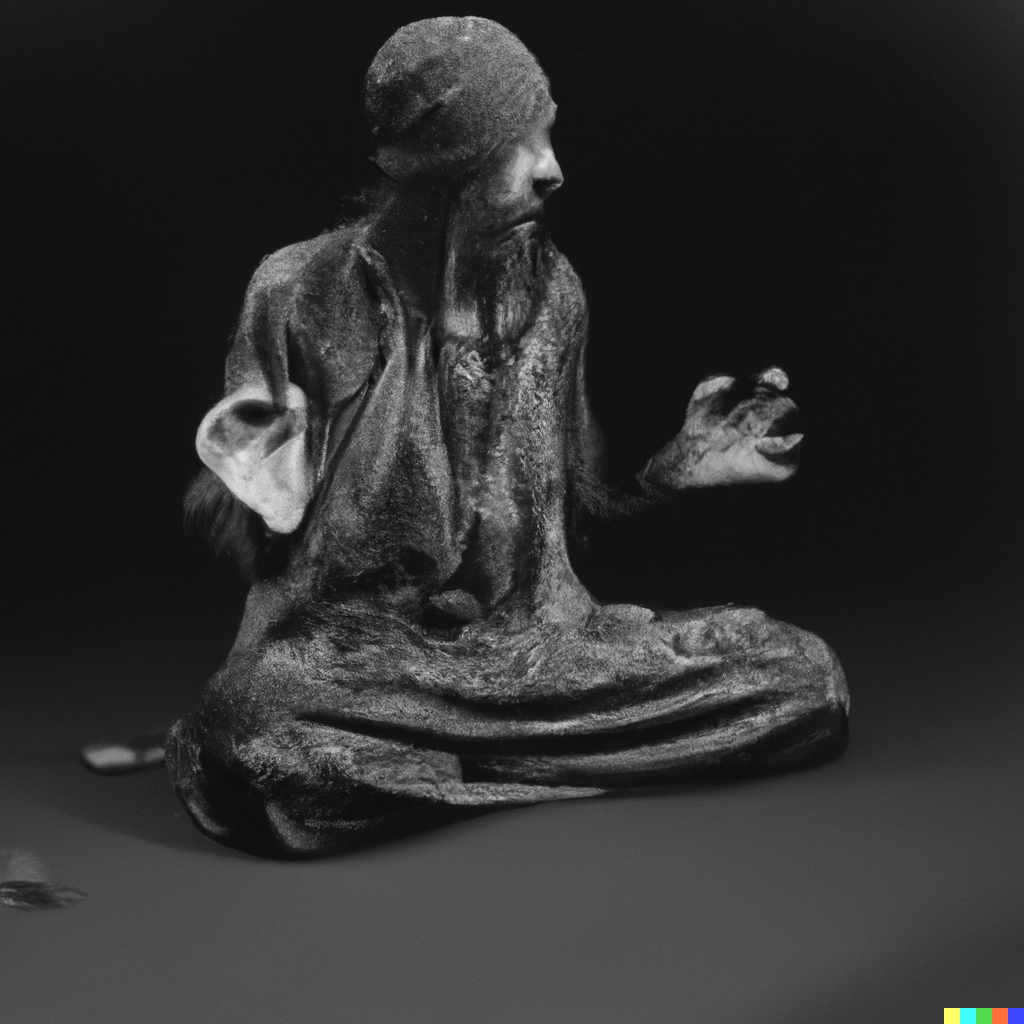What are some good coping mechanisms for artists who have neurodivergent brains? If you’re like me you might struggle sometimes, so I’ve made a list of things that sometimes help me.
1. Create a routine. Neurodivergent brains may benefit from having a regular routine that helps them stay organized and on track.
2. Practice mindful meditation. Mindfulness meditation can be used to help reduce stress and anxiety, and can help artists to stay focused and creative.
3. Get enough sleep. Sleep is essential for all artists, but especially those with neurodivergent brains. Make sure to get enough rest each night in order to stay productive and avoid burnout.
4. Connect with other artists. Connecting with other artists can help provide support, inspiration, and a sense of belonging.
5. Take breaks. Taking regular breaks throughout the day can help artists to stay focused and productive.
6. Exercise. Regular exercise can help to reduce stress and improve focus, making it an ideal coping mechanism for artists with neurodivergent brains.
7. Seek help from a professional. If the coping mechanisms above are not enough, seeking help from a mental health professional can be beneficial. A mental health professional can help identify any underlying issues and create a plan to help manage them.
8. Seek out support. Support from family and friends can be an invaluable resource for artists with neurodivergent brains. Having a support system can make it easier to cope with the challenges that come with being an artist.
9. Use art to express yourself. Creating art can be a great way to express yourself, and can help to provide a sense of comfort and accomplishment.
10. Be kind to yourself. Self-care is important for all artists, and especially those with neurodivergent brains. Being kind to yourself and not expecting perfection can help to reduce stress and promote creativity.



